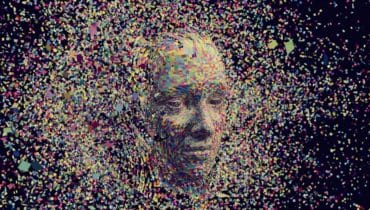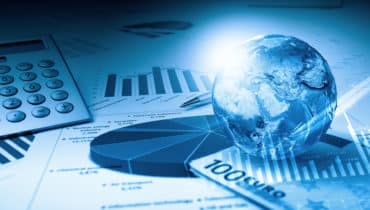You need a mixture of history, economics and politics to hear through the everyday noise and recognize the big trends of the future. In our new series, Erste AM’s investment team identifies those factors that will determine the next 10 years.
THIS AUTHOR'S POSTS

The king is dead, long live the king
The king is dead, long live the king. Time for our former Head of SRI Gerold Permoser to draw a summary and write a final ESG review.
Meat consumption and how it is connected to antibiotics in beef (Editorial)
“I just wanted to tell you, your cow Elsa is dead.” An old sketch as an excuse to bring up bad news. What this has to do with meat consumption and antibiotics, you will read in our new post.

Global risks: ghost drivers
An old saying in the industry says: fund management is risk management. The risks that need to be managed have changed noticeably and have become global ecological risks.
Cognitive dissonance in climate policies
If an important actor dissolves his cognitive dissonance by not only repressing the problem, but simply denying it, then this also has global consequences. The most important global decision-makers currently regard ESG (Environmental, Social and Governance) risks, above all environmental risks, as the greatest risks. Read more about cognitive dissonance in our new ESG Letter about Global Risk.

A very boozy Christmas
Who doesn’t know it – sitting together in a boisterous atmosphere, with a glass of champagne in your hand. Or two. Christmas is the celebration of joy, of Christmas markets, and of excessive alcohol consumption: a good reason for us to dedicate this ESG Letter to the topic of alcohol.

Everything was better in the past!
The Austrian term “Komasaufen“, which refers to the practice of binge drinking, received the “Doublespeak Award” 2007. The award followed significant media coverage and discussion on the alcoholic excesses that young people were engaging in with extremely sweet alcoholic beverages.
The primal fear of “Profiling”
Many people harbour an undefined fear of psychologists. Maybe it is the fear of someone being able to look inside them and know what they are thinking. And, let’s be honest: how many times didn’t you think: “Thank God nobody knows what I am thinking right now”? But that was in the past. Nowadays, Google, Facebook, Amazon et al. know quite well what we are thinking. Apparently even better than we do ourselves or the people close to us.

The Physicists
Big Data contains a lot of good, but also a lot of controvery. Just think of social scoring, for example. Your friends, your media consumption, your daily habits, everything you do is recorded, evaluated, and channelled into a rating.
Financial Markets Monitor August: We remain optimistic
The month since the previous meeting in July had been a positive one for investors willing to take risks. Thus, the optimistic risk stance of our team paid off. It is therefore not surprising that the team remains optimistic.




